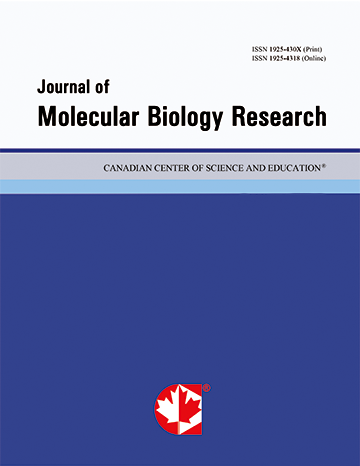Effect of a Mushroom (Coriolus versicolor) Based Probiotic on the Expression of Toll-like Receptors and Signal Transduction in Goat Neutrophils
- Kingsley Ekwemalor
- Emmanuel Asiamah
- Mulumebet Worku
Abstract
Neutrophils recognize and destroy pathogens through activation of the Toll like receptor (TLR) system as part of the inflammatory response of innate immunity. The expression and modulation of genes in the TLR signaling pathway in caprine blood neutrophils was investigated. Following initial screening for infection, goats (N=15) were assigned to three groups of five (n=5) individuals. Goats were drenched daily with 10 mL of powdered CorPet (Mycology labs Inc) soaked in hot (treatment I) or cold (treatment II) sterile filtered endotoxin free water, for a 4-week period. A control group of five age-matched goats received sterile water (treatment III). Blood was collected weekly and analyzed for packed cell volume and white blood cell differential counts. At weeks 1 and 4 neutrophils were isolated, using differential centrifugation and hypotonic lysis of red blood cells. The concentration and purity of total RNA isolated using Trizol was determined on a Nanodrop spectrophotometer. The RETROscript kit was used to synthesize cDNA. The expression of 84 genes in the human TLR signaling pathway RT2 PCR Array was evaluated using real time PCR and the Livak method. The house keeping gene GAPDH was used to normalize the data. At week 1 untreated goats expressed 48 genes in the pathway. Goat neutrophils expressed 10 TLRs. Mushroom extracts modulated expression of and signaling by TLR. These results will help in the definition of the role of TLR expression in neutrophils and its contribution to goat innate immunity. Further this may aid in the design of therapeutics for goat health.
- Full Text:
 PDF
PDF
- DOI:10.5539/jmbr.v6n1p71
Index
Contact
- Grace BrownEditorial Assistant
- jmbr@ccsenet.org
